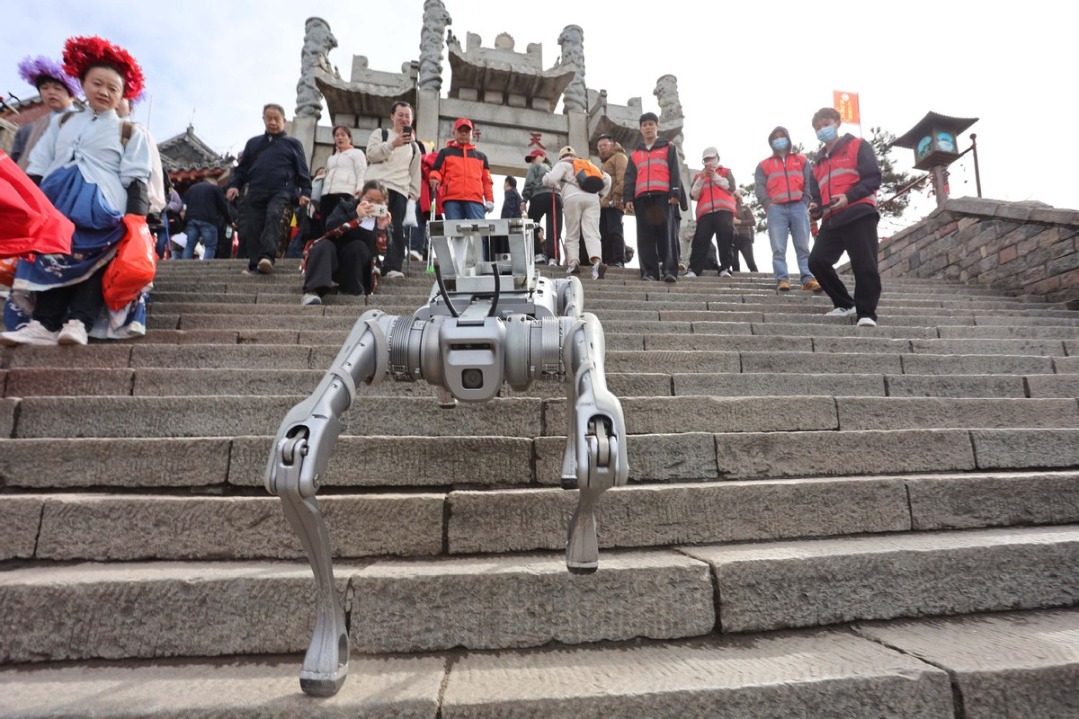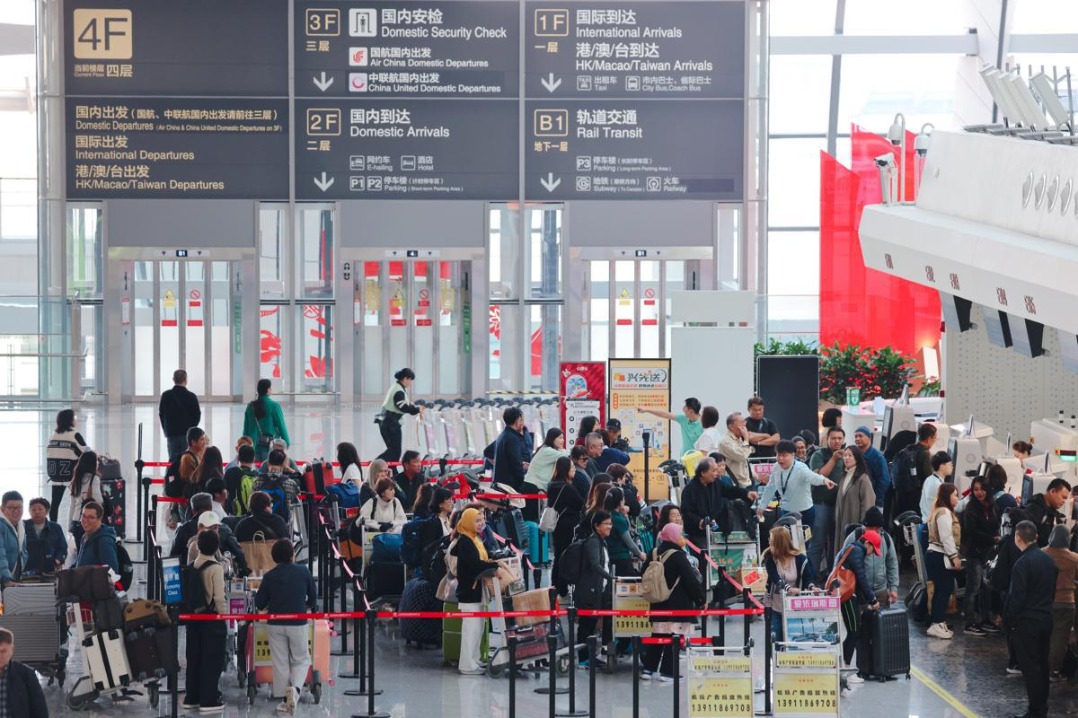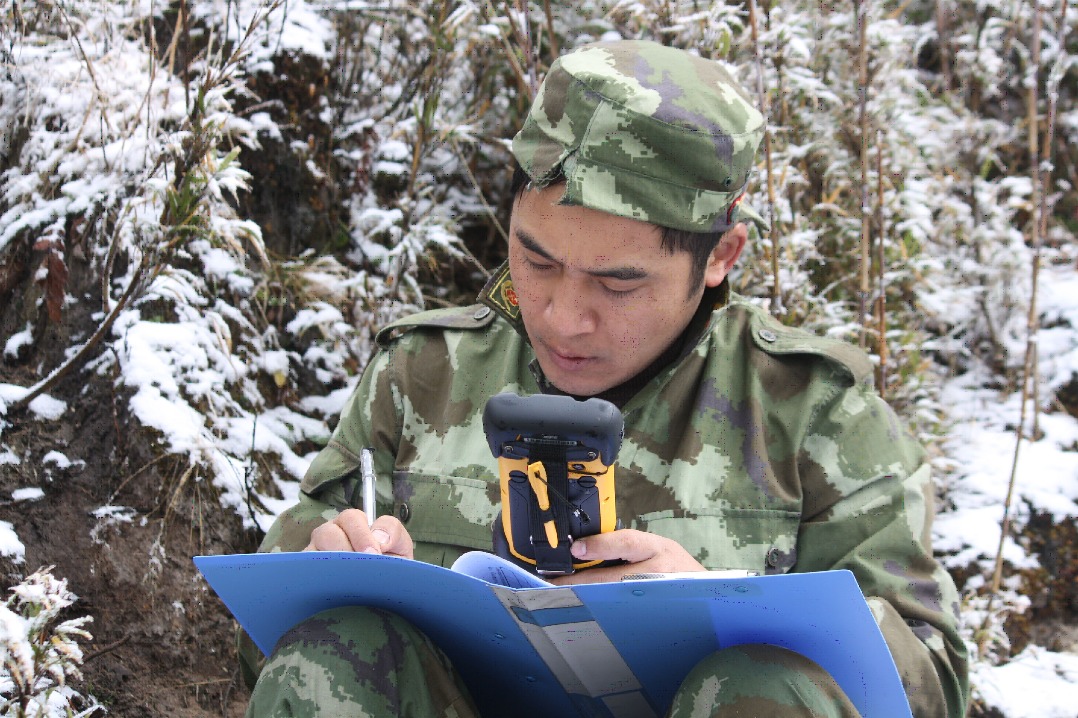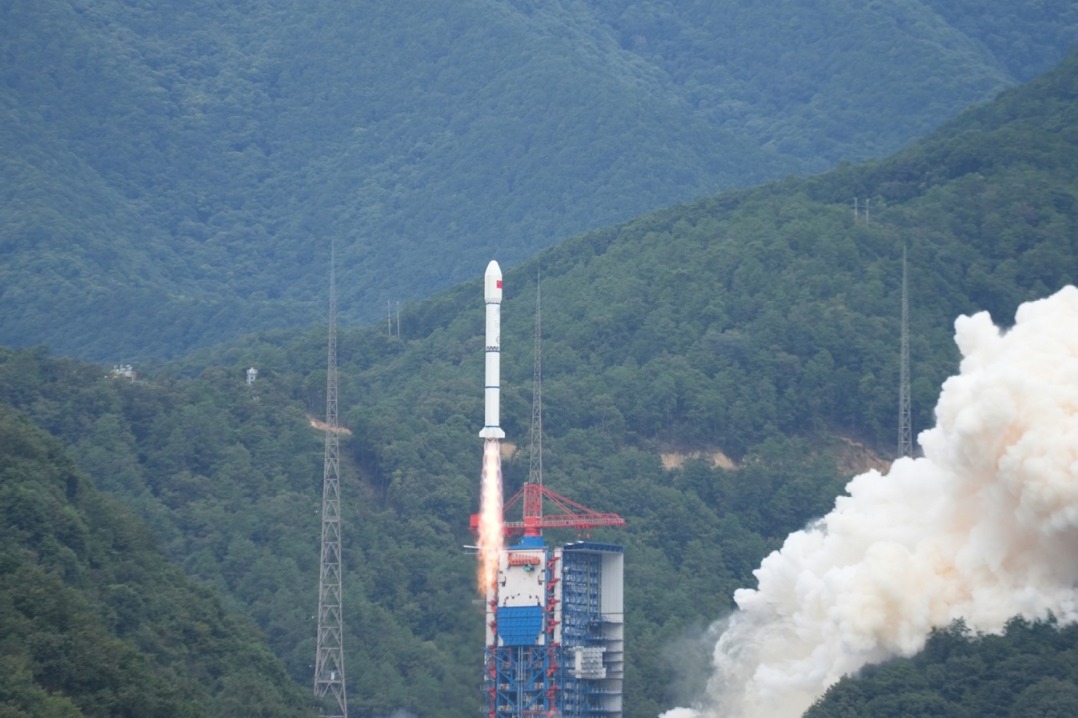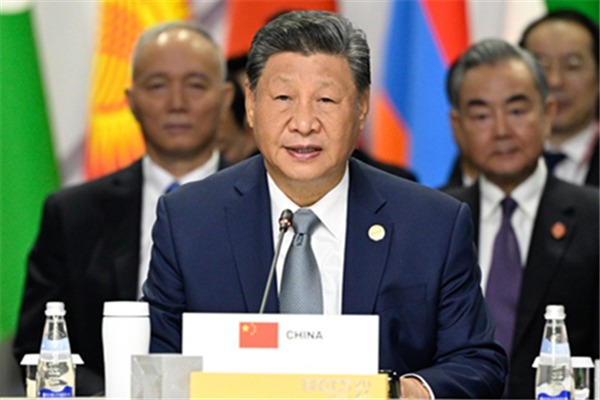Beijing unveils tourism action plan

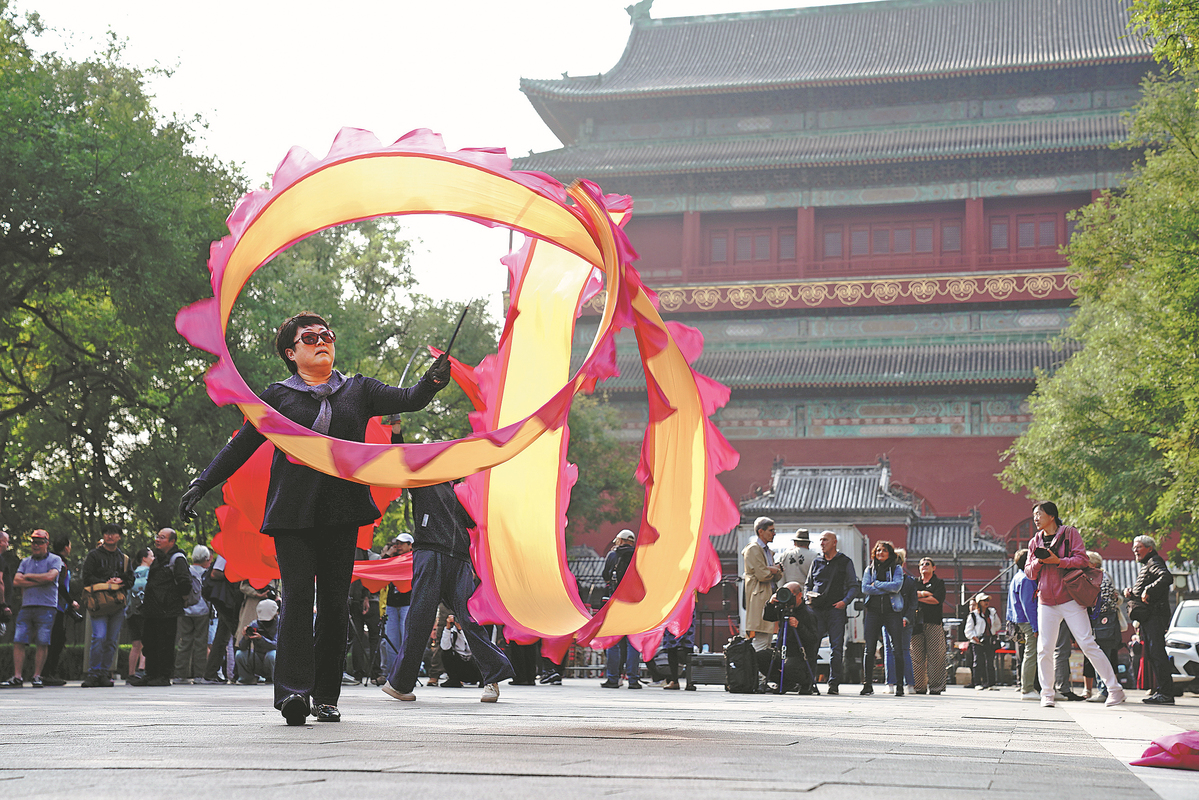
Beijing unveiled an action plan to drive high-quality growth in the tourism industry on Thursday during a conference, aiming at building the capital into a world-class tourism city and a global tourist destination by 2029.
It was the first conference the Beijing government has ever held focusing on the industry.
According to the plan, the added value of Beijing's tourism industry is projected to account for over 5 percent of the city's GDP by 2029.
The number of tourists is expected to grow by more than 2 percent annually by 2029 in Beijing, while overall tourism revenue is expected to increase by around 4 percent per year. Additionally, inbound tourist numbers are predicted to rise by approximately 5 percent annually, according to the plan.
Yang Shuo, director of the Beijing Municipal Bureau of Culture and Tourism, said during the conference that the city is committed to promoting high-quality tourism development in various aspects to achieve its goal of becoming a top international tourism city.
"We will establish a balanced and orderly tourism spatial layout across the entire city and develop vibrant tourism characteristic regions in alignment with the resources of each district," he said.
Furthermore, the bureau has signed a strategic cooperation agreement with four major banks — the Industrial and Commercial Bank of China, the Agricultural Bank of China, the Bank of China and China Construction Bank — and the Bank of Beijing to provide a total of 150 billion yuan ($21 billion) in financing and credit support to tourism enterprises over the next five years.
According to the bureau, in the first three quarters of this year, Beijing welcomed 280 million tourists, generating a record tourism revenue of 504 billion yuan.
In addition, Beijing will gradually eliminate reservation requirements at all tourist attractions throughout the city, and several popular museums will extend their opening hours to provide better services for tourists.
During the conference, several districts in Beijing showcased their unique development features. Among them, Chaoyang district topped the city in total tourism revenue in the first half of this year, while Yanqing district has already surpassed its annual visitor reception target.
The Liangma River Economic Belt in Chaoyang has become a hub for innovative cultural and commercial experiences and has brought increasing consumption to the surrounding area.
Zhang Guanbin, deputy head of Chaoyang, said the mix of commerce, tourism, culture and sports has created a dynamic, open and fashionable district.
The 2024 Beijing Chaoyang International Light Festival, which kicked off on Oct 18 and runs until Nov 10, has illuminated the city, including places such as the Olympic central area and the Liangma River Zone, merging modern technology with artistic brilliance to provide a visual feast for the public.
Yanqing, which has positioned the cultural and tourism industry as its strategic pillar industry, has welcomed over 20 million visitors since the beginning of the year, surpassing its annual target ahead of schedule, said Ren Jianghao, deputy head of Yanqing.
"Yanqing will further enrich its offerings of ice and snow tourism products, catering to the diverse needs of residents and tourists through a series of activities such as ice lantern festivals and flower lantern exhibitions," he added.
















